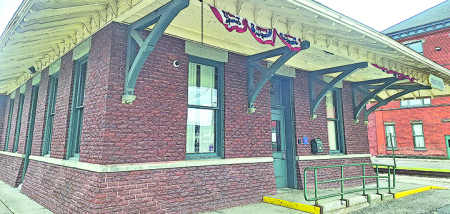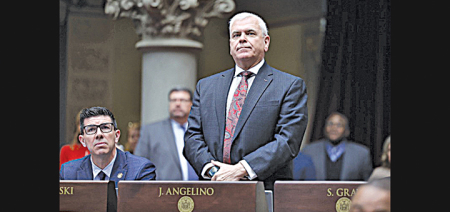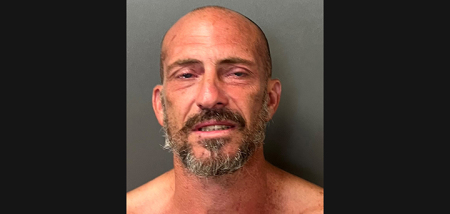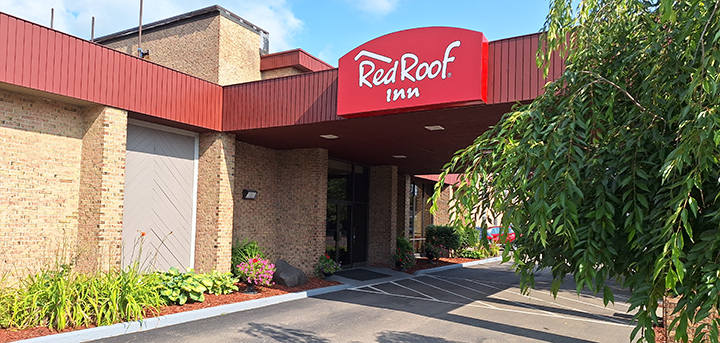Fake Drugs Are A Real Problem
Published:
February 1st, 2016
By:
Sen. James Seward
At the start of the year, I cited several priority items that I will work to advance during the 2016 legislative session. Curbing the deadly heroin epidemic is among my top concerns. Over the last couple of years, a number of new laws have been enacted aimed at preventing drug abuse and overdoses, increasing the availability of addiction treatment, and enhancing the tools provided to law enforcement to keep heroin off the streets.
As a member of the Senate’s Joint Task Force on Heroin and Opioid Addiction since its inception in 2014, I have been at the forefront of developing a comprehensive strategy to contend with this national crisis. Much more needs to be done, and I will continue to solicit community input to help fashion policies that will make a true difference.
Unfortunately, we cannot lose sight of other drug problems that are also gripping our society. In recent years, the threat of synthetic cannabinoids, also referred to as “K2,” “Spike,” and “synthetics,” has also grown steadily with more than 6,000 state residents hospitalized due to their use in 2015. These drugs, which are also known as “synthetic marijuana,” are highly addictive and have a potent, unpredictable effect.
The health problems of synthetics can include severe agitation and anxiety, a racing heartbeat, high blood pressure, nausea, vomiting, seizures, tremors, intense hallucinations, psychotic episodes, and thoughts of suicide. Use of these drugs is associated with a rising number of deaths and, at this time, there are no medications or therapies tailored for addiction treatment.
This past week, the Senate Majority Coalition released a special report, The State of Synthetics: A Review of the Synthetic Cannabinoid Drug Problem in New York & Solutions on Ending the Epidemic, which details the vast tolls of this health crisis. Along with the devastating individuals and families, this public health crisis also cost New York State and its taxpayers $22.7 million last year alone.
Hospitals and emergency personnel have seen a surge in patients requiring treatment to synthetic cannabinoid exposure. This has led to an increase in personnel costs related to physicians, nurses, and ambulance workers. Adding to the challenge is the fact that hospital doctors and staff have difficulty treating synthetic cannabinoid exposure because the chemical compounds ingested by patients are constantly changing and the compounds are not easily detected by routine drug tests. Often times, doctors and emergency personnel are forced to run expensive tests and make educated guesses on treatment.
A number of steps have been taken to curtail the sale and use of synthetic cannabinoids starting with the federal Synthetic Drug Abuse Prevention Act of 2012. The governor has also imposed sanctions through Executive Order and a number of other state and local actions have been taken. However, due to the evolving nature of these drugs, more must be done.
The senate just approved several bills to eradicate the sale of “K2” and other synthetic drugs, including:
S.2836C adds the current list of known synthetic cannabinoids to the Schedule I list and creates criminal penalties for possession and sale;
S.4743 adds Alpha-PVP, known as “flakka” or “gravel,” to the public health law Schedule I of controlled substances;
S.1640A amends the Controlled Substances Act to add to the Schedule any analogous drugs;
S.6040A imposes civil penalties on businesses that sell synthetic cannabinoids. On the third violation, a business would lose its state licenses to sell lottery tickets, alcohol, cigarettes and tobacco products for five years; and
S.6496 requires the Department of Health to maintain an electronic database of known synthetic cannabinoids, listing their compounds, a description of products and their street names.
These bills will help us combat the ever changing synthetic cannabinoids and I am hopeful that the state assembly will take swift action as well so these measures can be sent to the governor for his consideration.
Author: Sen. James Seward - More From This Author
Comments










